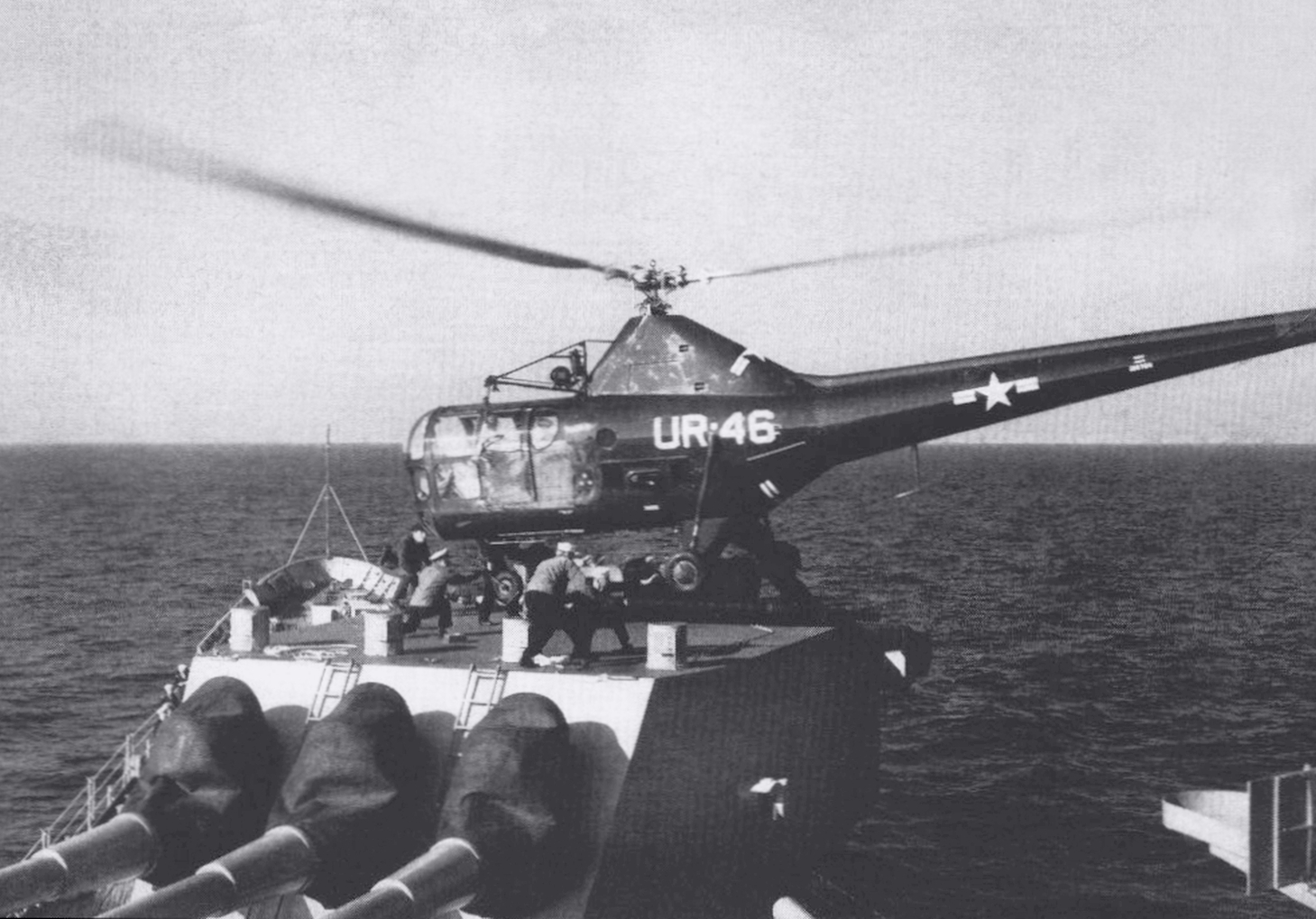It happened 80 years ago this month. A close look at the Curtiss-Wright SC Seahawk, the last hurrah of cruiser and battleship-carried floatplanes.
Official period caption: “Navy scout seaplane, the SC-1 Seahawk. Note pronounced Dinedral angle of wings for greater stability and skillful design of this new bird as it soars from the water, 16 June 1945.”

 laststandonzombieisland.com
laststandonzombieisland.com

Armed with two forward-firing .50 cals and the ability to tote 650 pounds of ordnance (four times that of the Rufe), Seahawk could make 272 knots while loaded, climb to 20,000 feet in eight minutes, and had a 625 nm range. This was all because they used a variant of the famed Wright R-1820 Cyclone nine-cylinder single-row supercharged air-cooled radial engine, which was common across the Navy in the FM-2 Wildcat and SBD Dauntless (and later the easy-flying Cold War T-28 Trojan).
Official period caption: “Navy scout seaplane, the SC-1 Seahawk. Note pronounced Dinedral angle of wings for greater stability and skillful design of this new bird as it soars from the water, 16 June 1945.”

End of the (float) line
It happened 80 years ago this month. A close look at the Curtiss-Wright SC Seahawk, the last hurrah of cruiser and battleship-carried floatplanes. Official period caption: “Navy scout seaplan…
 laststandonzombieisland.com
laststandonzombieisland.com
Armed with two forward-firing .50 cals and the ability to tote 650 pounds of ordnance (four times that of the Rufe), Seahawk could make 272 knots while loaded, climb to 20,000 feet in eight minutes, and had a 625 nm range. This was all because they used a variant of the famed Wright R-1820 Cyclone nine-cylinder single-row supercharged air-cooled radial engine, which was common across the Navy in the FM-2 Wildcat and SBD Dauntless (and later the easy-flying Cold War T-28 Trojan).






